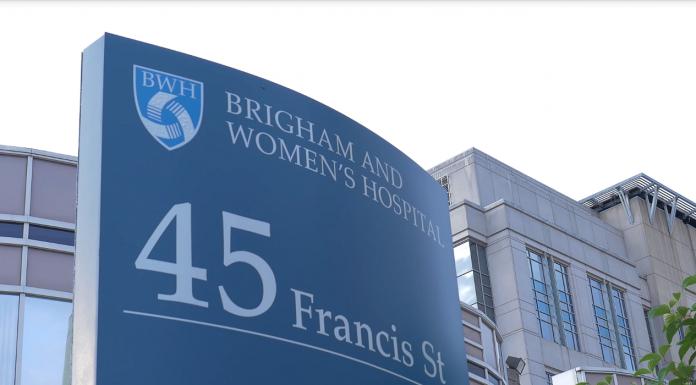A Boston hospital announced this week that it will begin offering “preferential care based on race” and “race-explicit interventions” in an effort to apply an anti-racist agenda based on critical race theory.
Brigham and Women’s Hospital unveiled the plan in a Boston Review article, saying the hospital aims to implement a “reparations framework” to “comprehensively confront structural racism.”
Part of this framework would include “cash transfers and discounted or free care” for minorities only.
“The outstanding debt from the harm caused by our institutions, and owed to our BIPOC [black and Native American] patients, is long overdue: now is the time to start settling it,” Harvard Medical School instructors Bram Wispelwey and Michelle Morse wrote in the article.
The plan does not appear to address discrimination among Asian Americans, a minority group Harvard has openly discriminated against by implementing admissions quotas. A Justice Department lawsuit seeking to halt the practice was recently dropped by the Biden administration.
But despite the many red flags, the pair said they hoped to see the discriminatory policy adopted at hospitals nationwide.
“Together with a coalition of fellow practitioners and hospital leaders, we have developed what we hope will be a replicable pilot program for direct redress of many racial health care inequities,” the pair claimed.
They also want “taxes on nonprofit hospitals that exclude patients of color and race-explicit protocol changes” to be imposed at the federal level.
Their “pilot initiative” will focus on “Black and Latinx patients and community members” who, according to Wispelwey and Morse, have been “most impacted by unjust heart failure management and under whose direction appropriate restitution can begin to take shape.”
They claimed white patients at Brigham and Women’s Hospital were “more likely to be admitted to the cardiology service.”
The authors acknowledged that “preferential care based on race or ethnicity may elicit legal challenges from our system of colorblind law,” but said the hospital would “proceed confidently” anyway.
Racially-based programs that provide care selectively are likely to be viewed as violations of the Civil Rights Act of 1964, among other discrimination laws.
Nonetheless, Wispelwey and Morse justified their program by arguing that “ample current evidence that our health, judicial, and other systems already unfairly preference people who are white” makes “our approach … corrective and therefore mandated.”

